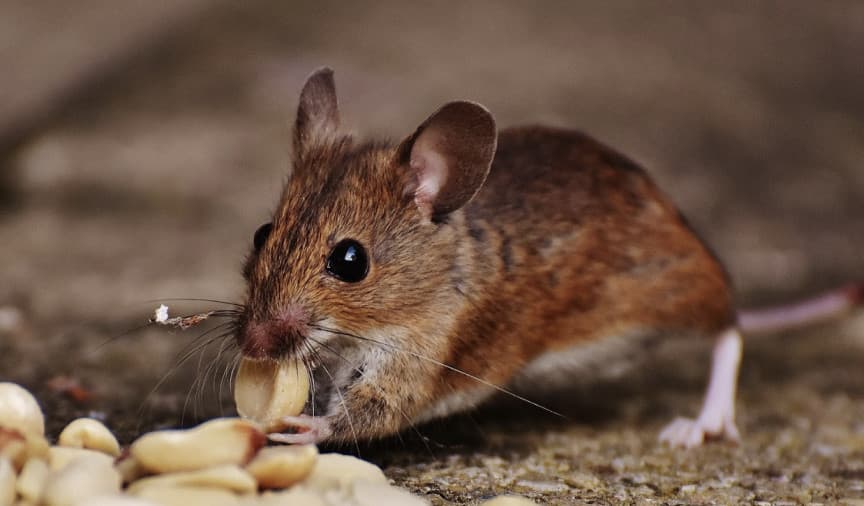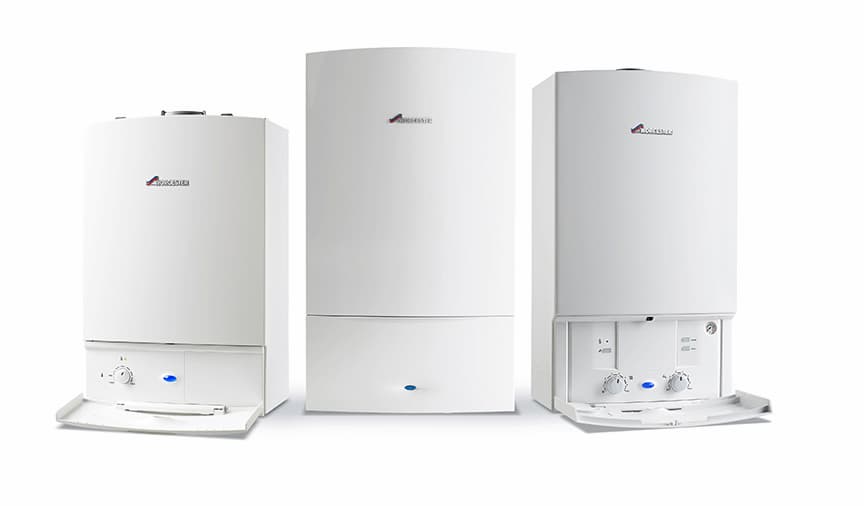Does home insurance cover rodent damage?

The purpose of home insurance is to protect you against unforeseen eventualities that may damage your home. This normally includes damage from landslip and subsidence and often accidental damage to your home. What about rodent damage? Does your home insurance cover mice or rat damage?
Most home insurance policies do not include rodent damage or rat damage as an insurable risk. Generally, insurance policies do not cover damage caused by poor maintenance, or damage resulting from wear and tear. Rodent infestation and the resultant rodent damage in insurance providers’ terms is a maintenance issue, not an unforeseen risk. The home insurance policy covers unforeseen risks, not damage resulting from unsatisfactory house maintenance.
What is pest control insurance?
Rat invasions can cause extensive damage to the fabric of your home, particularly parts which are susceptible to gnawing i.e. electrical cables and wood. Aside from the repair costs, there are others, such as rat removal from your property, probably by the use of a rat trap or rat bait. Once removed, you need to work out how to stop rats coming back. Rat prevention measures are essential. If your home insurance policy doesn’t cover these costs is there a policy that does?
Boiler control insurance covers the householder against damage caused by various animal and insect pests, who may invade your home. Specific rodent insurance, covering all rodents like mice and rats, or just rat insurance are also available.
Do you need this specifically tailored insurance? How likely is rodent damage in your home? Let’s explore this by finding out about:
- Mice and rats that are common in UK homes
- What signs to look for in your home
- How to stop rats and mice, using the best mice and rat prevention measures
- How to remove rats and mice from your home
- What is a rat trap? How to stop rats and mice invading your home, using the best mice and rat prevention measures
- How to find the best rat trap
What mice and rats are common in UK homes?
Mice and rats are the most blocked drain in the UK. The house mouse is the most common mouse pest in the UK. They nest in warm areas of the house, such as cavities in walls and loft spaces. The two main problems with mice are their chances of being disease carriers when they come into contact with food, and their destructive gnawing, which can damage the house’s fabric and furniture, especially if the mice infestation is prolonged and large.
The brown rat is the most common rat pest found in the UK. Like mice, they can spread disease through contact with food, from pathogens in their excretory products and waste. They also gnaw and may cause substantial damage to cables, insulation, and the fabric of your house.
What signs to look for in your home…
Common signs of mice infestation are:
- Ammonia smell from urine
- Visible droppings
- Grease marks near holes and on walls, skirting boards
- Evidence of nests in lofts, cavities, basements, food store areas
- Hearing scratching noises at night, as mice are nocturnal creatures
- Tracks of footprints in food sources or in their vicinity
- Sighting live or dead mice
Common signs of rat infestation are:
- Grease marks on doors, skirting boards and walls
- Droppings visible
- Evidence of gnawing, like teeth marks in electric cable
How to stop rats and mice, using the best mice and rat prevention measures
Preventing mice infestation:
- Close off any potential entry sites to your home.
- Make sure any areas suitable for nesting are free of potential nesting material (typical areas to check are lofts and cupboards.)
- Seal with wire mesh, holes made for pipework, damage to eaves, and air vents.
- Doors that do not fit snugly should have brushes fitted, to stop mice getting in under, or at the top of a door.
- Cut back or remove plants that grow close to homes, or up the walls of the property. These give mice a foothold into your home and provide nesting sites.
How to prevent rat infestation:
- Keep your home and garden clutter-free, remove any potential hiding or nesting places.
- Block up your home’s potential entry points. Open pipes, holes in walls.
Look out for signs of burrowing near sheds, fences, as brown rats like to burrow. - Remove rubbish, especially organic rubbish from your garden, as this attracts rats.
- Keep pet and wild bird food in a sealed container, off the ground if possible.
- Keep all foodstuffs in the home in a sealed container, glass or metal is best.
Some of these mice and rat prevention measures are applicable to both rodents. They are primarily home maintenance issues. The philosophy behind all of these is no clutter, be vigilant, keep food and waste sealed and the latter away from the house.
How to remove rats and mice from your home
There are lots of DIY mouse repellents available but the quickest and most effective way of mice removal is a baited trap. There is a traditional trap that will kill a mouse if it trips it. Or the humane variety that traps the mice so you can catch them and then release them. Make sure this is well away from your and other homes, or they will return.
It is important to identify where the mice are coming from and set the traps appropriately. Professional pest control experts will carry out a survey and set traps depending on the result. Depending on the size of the mice infestation and rodent damage they are causing, maybe try the DIY humane traps first, and then call in the professionals if this fails.
Rats are larger and therefore rat damage is likely to be more extensive. If your infestation is small, use a humane rat trap. This needs rat bait – rats eat most things, but dried fruit or meat usually work. Once caught, release the rat away from built-up areas. Rat poison and a non-humane rat trap are also a DIY option but these may trap other animals and need to be kept away from children, pets and other wildlife.
A metal traditional rat trap is thought by many to be the best rat trap, with the trap and release trap as the more humane and next best rat trap. If your DIY traps are not working, call in the professionals, as rat infestations can endanger both your health and your home.
Whilst most home insurance policies don’t routinely cover rodent damage, there are bespoke pest control insurance policies available, Rat prevention is the best option but if this fails, removal and repairing rat damage can be costly. Even DIY rat removal options involve buying a rat trap and rat bait. Covering this risk with a bespoke pest control insurance policy is worth considering.
We Beat or Match Any Quote
Call 0330 912 4843 and we’ll beat or match any quote.
Serious About Service
24/7 claims support & rated Excellent on Trustpilot
Cover Match Guarantee
Get a £50 gift card if you find something we don’t cover
All Gas Boilers Covered
All makes and models, regardless of age


